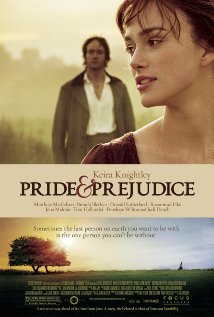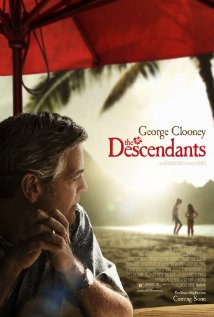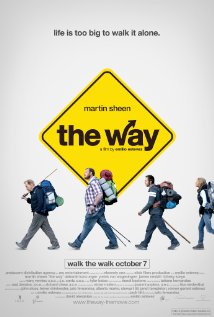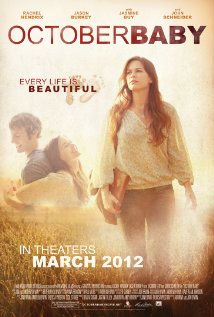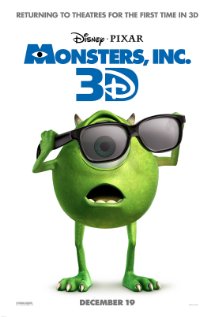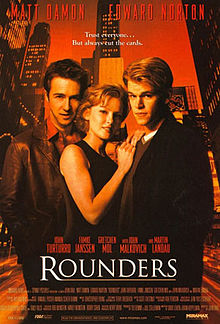Tags
abortion, animals, catechesis, Catholic, cinema, Comedy, death, Drama, faith, Family, film, grief, Healing, humans, Love, ministry, movie, movie ministry, reconciliation, Sacrifice
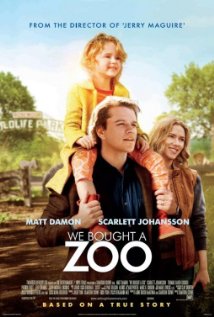
image borrowed from IMDB.com
Duncan Mee: I like the animals. I love the humans.
Benjamin Mee: You know, sometimes all you need is twenty seconds of insane courage. Just literally twenty seconds of just embarrassing bravery. And I promise you, something great will come of it.
We Bought A Zoo is a great family flick. Benjamin Mee, played by Matt Damon is a recent widower trying to raise his two kids on his own. He decides a change is in order due to a series of events: His son Dylan, whether due to his mom’s death or just teenage melancholy, has a very dark style and has exceeded the three strike policy at his school; Add that to feeling like a piece of meat thanks to all the single moms at his kids’ school; Then throw in quitting his job because he’s been given the impression that the only reason he still has it is due to sympathy for his wife’s death. So, after a horrible day house hunting, they find the perfect house, however, they find it’s part of a defunct zoo. How hard can it really be???
So with all its heartwarming charm, cast of crazy characters and a few temperamental animals, what lessons can we glean from We Bought A Zoo.
Don’t use people’s sympathies against them: Dylan is going through a rough time. No one would doubt that for a minute. However, he uses it, and plays on it. He wallows in it, expects everyone else to navigate the minefield he has thrown down. He even says that no one would expel a kid who just lost their mom. Now, I’m not saying that Dylan doesn’t have good cause to grieve. And everyone handles grief differently, but the expectation that everyone will cut him slack indefinitely is a little hard to defend. And, as Dylan finds out, over time, patience wanes and he won’t always have his grief as a “get out of jail free card.” So what do you do?
You just need twenty seconds of insane courage: This is one of the main lines you hear in the trailer, as well as a few times through the movie. But, its true, isn’t it? Twenty seconds are actually a long time – especially when the blood is pumping and that “fight or flight” response kicks in. In the case of the Mees, they are referring to matters of the heart. But, that twenty seconds can also be used to speak up in the face of injustice, leap into action in an emergency, volunteer your gifts, etc. Now, that twenty seconds doesn’t include the thinking time, so don’t use it as an excuse to do something you really shouldn’t. But when push comes to shove, it only takes twenty seconds to say “yes,” to act in whatever way you’re being called to. Then, if you take twenty seconds, it might give someone else twenty seconds and so on. Sometimes just knowing you’re not alone, is the small push that others need, too.
Think about this too in the case of evangelization and missionary work. I was recently talking to one of my former students who has signed up to be a college missionary. In their training, they were dropped on a beach and told to go spread the Gospel. Going to talk to complete strangers is hard enough and then you throw in trying to talk to them about God and His good news! Admit it – would you do it?
I like the animals. I love the humans: When I think about this one, the old bumper sticker “The more people I meet, the more I like my dog” springs to mind…and you expect the zoo staff to have that same philosophy. The Zoo is full of lots of exotics – both animals and people. They all make for some pretty interesting events. But, with the exception of the aged lion, the animals are really just a backdrop. It’s the interaction between the human species that really makes things work. The support they give each other in spite of their vast differences and idiosyncrasies is really amazing, and they are all pushed by a common goal. They have a camaraderie that makes them more like a family. They genuinely love each other. They spend off time together, the whole bit. A couple of times we see the question posed, “If you had to choose animals or people, which would you choose?” And, despite the love and care shown to the animals, the people win. So, what do you think you’d choose?
Next, I’ve noticed that there seems to be a lot of people who show more care and concern for animals than they do for humans. Ironically, most animal rights people I know are avidly pro-choice. So, an animal gets better treatment than a human? How does that work? Now, don’t get me wrong… I’m pro-life and love animals. I’ve always had at least one dog, several horses, and have even been around quite a few cows, pigs and chickens and definitely don’t like to see them scared, or in pain. Loosing our “first-born” chocolate lab mix a few months ago has been really hard, but my love for a being that’s not even the same species helps me know that the power of love is much stronger than we give it credit for. But, the horrors of what happens during an abortion takes precedent. There are so many people paying huge amounts of money for babies – and yet so many women feel like they have no other option. Sadly, I think more than anything, those women are afraid that if they carry a baby to term, they’ll develop that love and they are trying to spare themselves the potential hurt of giving up someone they love or upsetting their current way of life.
When you do something for the right reasons, nothing can stop you: So, more than once Benjamin is accused of being out of his mind for buying and thinking he could handle running the zoo. But, its out of love for his children that he is driven to make it work. He wants them to have the adventure. He probably (although it’s not stated) is hoping to give them something else to focus on than their grief. And since they have moved to an area that is relatively distant from the conveniences of town, it might even be something for the kids to do. But ultimately it’s love – the pure, unconditional love of a father for his children.
Tree in the road: (Spoiler alert!!) So, at the end, they are all ready to open, the rain has lifted, but no one is coming… their worst fear. But its Dylan’s faith that says that there’s something wrong. A tree has fallen blocking the drive to the park, so no one can get to the entrance. So, you’ve got the right reasons, you’ve accomplished the impossible, but what trees are still in your road? Do you accept them as a roadblock, or to you charge out to get over?
So, We Bought A Zoo is rated PG, features the talents of Matt Damon, Scarlett Johansson, and Thomas Hayden Church among many others and with the exception is of the zoo inspector being called or referred to as d— and a little bit of kissing is very clean and a lot of fun. Benjamin’s assertion that “he had the real thing” when his brother tries to encourage him to get permiscuous is encouraging and is a good example of what love really is. It might be a little deep for really young viewers, but for those old enough, it is one full of lessons that I’d like my kids to know.
Want to see more about We Bought A Zoo? Check out http://www.imdb.com/title/tt1389137/

